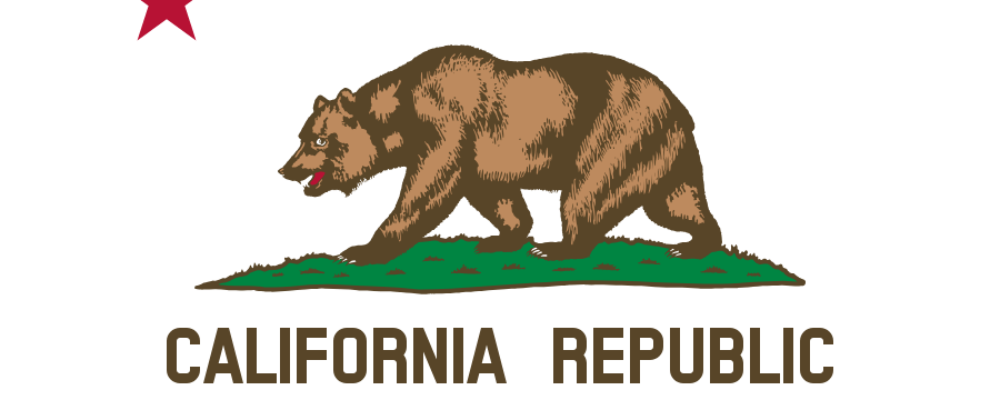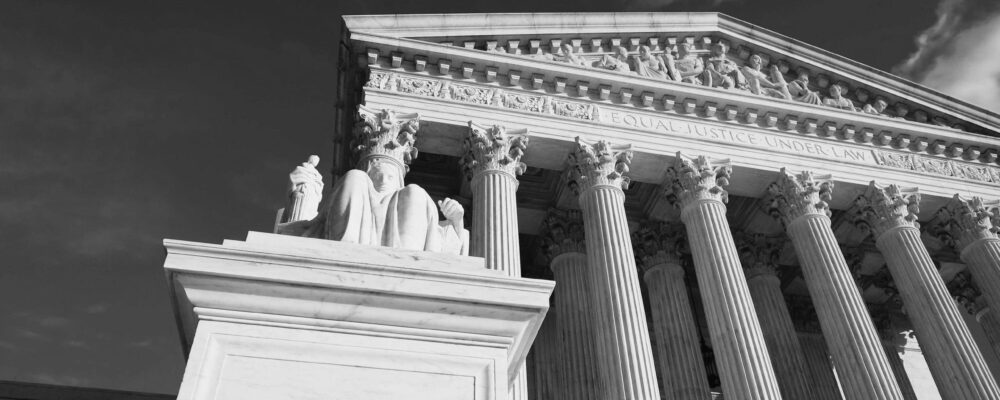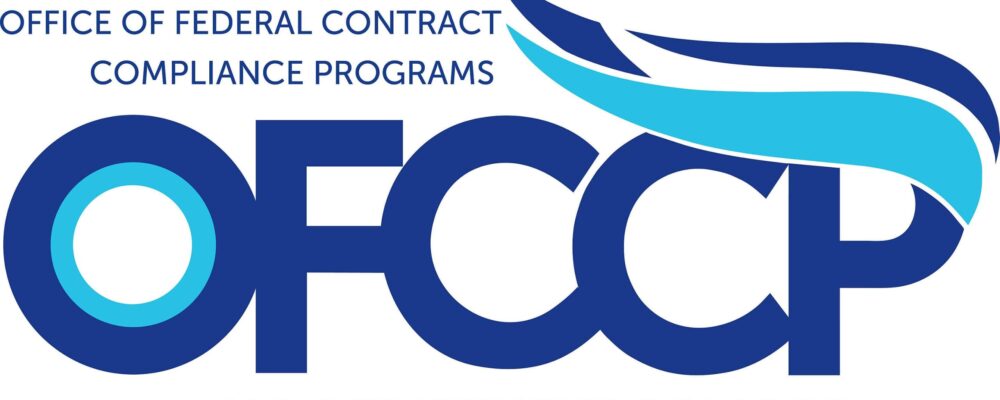Quick Hits
- Utah, West Virginia, and Wyoming lawmakers recently enacted state laws recognizing only two genders, male and female.
- The state legislators acted after President Donald Trump issued an executive order establishing that the federal government’s new policy is to recognize only two sexes, male and female, despite contravening federal law.
- The three states restrict transgender and nonbinary individuals from using public school bathrooms and locker rooms that align with their gender identity.
Utah, West Virginia, and Wyoming joined Iowa and other states in passing state laws redefining gender as binary (e.g., male and female only) and immutable, thus attempting to reject governing Supreme Court of the United States case law recognizing gender identity as a protected characteristic under Title VII of the Civil Rights Act of 1964.
The Supreme Court ruled in Bostock v. Clayton County, Georgia that the firing of an employee because of the employee’s sexual orientation or gender identity constituted unlawful sex discrimination under Title VII. Various courts have since applied Bostock to prohibit discrimination on the basis of gender identity by protecting rights to use bathrooms corresponding to gender identity and to use pronouns reflecting one’s gender identity. Despite the fact Bostock remains good law, on January 20, 2025, President Trump signed an executive order to define sex as binary and immutable. The laws in Utah, West Virginia, and Wyoming track the executive order.
Utah Law
On January 30, 2025, Utah Governor Spencer Cox signed a law requiring transgender and nonbinary people to use bathrooms, locker rooms, and showers that correspond with their sex assigned at birth. The new law applies only to government buildings and public schools, but took effect immediately.
The new law defines female as “an individual whose biological reproductive system is of the general type that functions in a way that could produce ova.” It defines male as “an individual whose biological reproductive system is of the general type that functions to fertilize the ova of a female.”
As of September 1, 2024, Utah’s legal code defines sex as being “male or female, at birth, according to distinct reproductive roles as manifested by sex and reproductive organ anatomy; chromosomal makeup; and endogenous hormone profiles.”
West Virginia Law
On March 18, 2025, West Virginia Governor Patrick Morrisey signed into law a bill establishing only two sexes, male and female, under state law. It defines female as “an individual who naturally has, had, will have through the course of normal development, or would have but for a developmental anomaly, genetic anomaly, or accident, the reproductive system that at some point produces, transports, and utilizes ova for fertilization.” It defines male as “an individual who naturally has, had, will have through the course of normal development, or would have but for a developmental anomaly, genetic anomaly, or accident, the reproductive system that at some point produces, transports, and utilizes sperm for fertilization.” This law will take effect on June 16, 2025.
The law also states there must be a reasonable accommodation, such as a single-occupancy restroom or changing area, for people who are not willing or able to use the facility assigned to their biological sex.
Wyoming Law
On March 5, 2025, the Wyoming legislature passed a bill that defines sex as being male or female at birth. It defines female as “a person who has, had, will have or would have had, but for a congenital anomaly or intentional or unintentional disruption, the reproductive system that at some point produces, transports and utilizes eggs for fertilization.” It defines male as “a person who has, had, will have or would have had, but for a congenital anomaly or intentional or unintentional disruption, the reproductive system that at some point produces, transports and utilizes sperm for fertilization.”
This bill became law on March 14, 2025, without the governor’s signature. It took effect immediately.
On March 3, 2025, Governor Mark Gordon signed a different bill into law that requires public school students to use bathrooms and locker rooms that align with their sex assigned at birth.
That law took effect immediately.
Next Steps
Amid the changes in federal guidance and state law, Bostock remains good law and prohibits harassment and discrimination based on sexual orientation and gender identity. Further, the U.S. Equal Employment Opportunity Commission’s (EEOC) sex harassment guidelines voted on by the EEOC and issued in April 2024 remains active guidance. The EEOC’s acting chair, Andrea Lucas, has stated she wants to rescind all or part of the earlier guidance related to gender identity, in particular bathroom and pronoun usage, once a quorum exists as the EEOC.
Employers in public schools and government buildings in Utah, West Virginia, and Wyoming may wish to review their policies and practices to ensure employees have safe access to single-sex facilities, as required under the Occupational Health and Safety Act’s general duty clause, and carefully evaluate compliance with all applicable, federal, state, and local laws regarding access to bathrooms, locker rooms, dorms, and showers. The restrictions passed in the states do not apply to private employers in private buildings.
Ogletree Deakins will continue to monitor developments and will provide updates on the Diversity, Equity, and Inclusion Compliance, State Developments, Utah, West Virginia, and Wyoming blogs as new information becomes available.
Maria Greco Danaher is a shareholder in Ogletree Deakins’ Pittsburgh office.
Nonnie Shivers is a shareholder in Ogletree Deakins’ Phoenix office.
Scott A. Siegner is a shareholder in Ogletree Deakins’ Richmond office.
Bethany S. Wagner is a shareholder in Ogletree Deakins’ Pittsburgh office.
This article was co-authored by Leah J. Shepherd, who is a writer in Ogletree Deakins’ Washington, D.C., office.
Follow and Subscribe
LinkedIn | Instagram | Webinars | Podcasts
“Ogletree Deakins has experienced professionals in all areas of labour and employment law who provide efficient, client-focused service. We represent employers of all industries and sizes, from small businesses to Fortune 50 companies.”
Please visit the firm link to site






